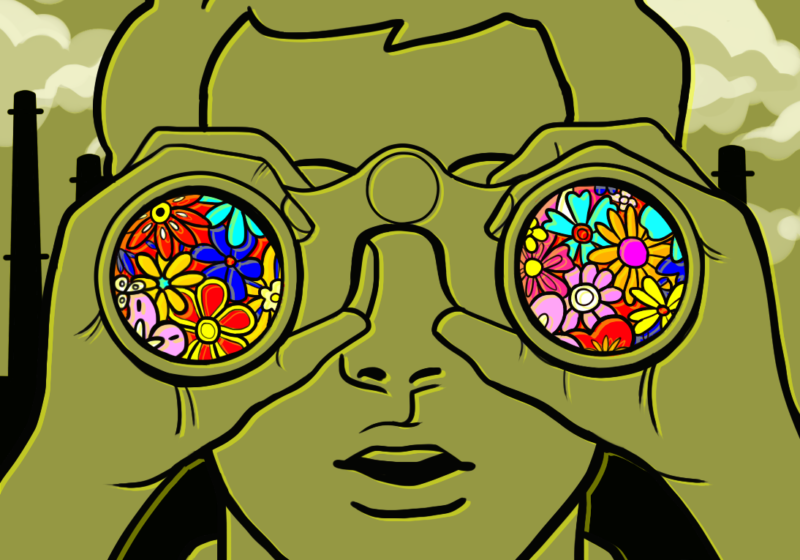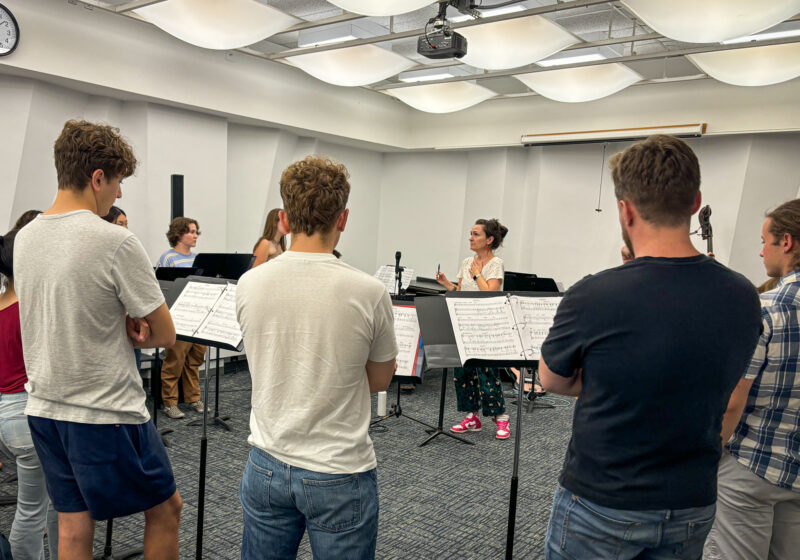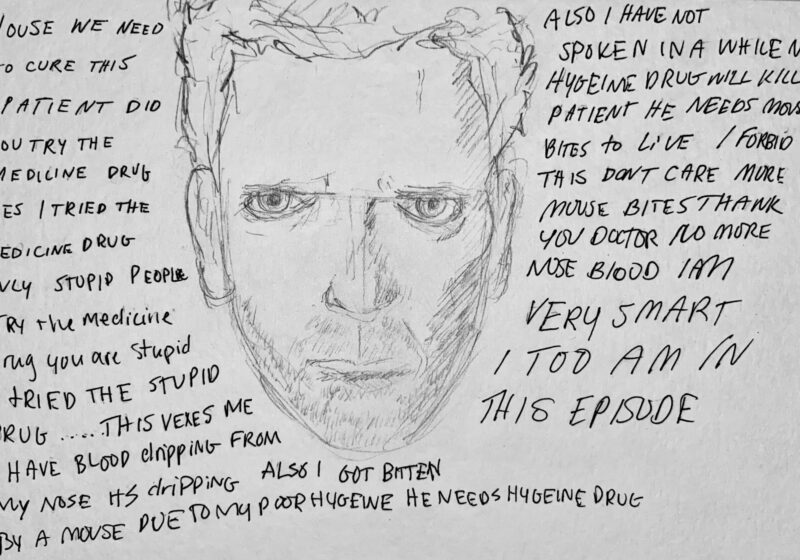We filter our stressful existences through the lens of close friends. Maybe you form a tight-knit group through a team, club, Greek life, or a shared hall. People you know you can rely on, with whom you spend the most time and have the deepest conversations. They color our lives, validating our successes or tempering them with caution; empathizing with our failures or lighting a path to self-improvement past them.
A lens, naturally, can help us see things more clearly, so long as it’s the right one. Assuming it is — that your close friends live up to your values, are willing to be honest, and have an innate understanding of what makes you tick — then you still have a few things to consider.
We’re all biased. That’s why our own vision of situations can be misleading at times. It follows that our friends are biased too, in their own ways. Throwing all that together can result in a cocktail of mutual betterment, lessening each person’s biases through increased awareness. Or groupthink can take over and our strongest biases can be amplified. It’s just in our nature — if, in ancient times, you defied the group you relied on, you’d probably end up booted out of your favorite burgeoning river valley civilization. Now, we don’t run quite the same risks.
Yet still, when our friends don’t like someone, whether it’s an acquaintance, another friend, or significant other, it can easily alter our thinking on that person. Sometimes this is valid, especially if you learn about negative actions of this person. But sometimes your friends just dislike someone, and there’s no absolute moral reasoning behind it. The same goes for anything anyone could have an opinion on, like politics or art.
Evaluate whether your friends are encouraging your passions, your quirks. If not — say none of them are into that Japanese progressive dream pop album you like — make sure you’re not letting their opinion of it or apathy toward it dampen your enthusiasm. In all likelihood, they wouldn’t want you to enjoy that thing any less, but can’t pretend to enjoy it themselves. (If they’re being controlling or elitist about someone or something, then that’s another matter.) You’ll have to look inward or to other potential connections to properly enjoy some of your interests.
A common line of thinking is that college is a much more free and open environment for friendships than cliquey high school. While this is probably true for the most part, we don’t just molt out of that shell of exclusivity on a hazy August day in the backseat of a hatchback on I-90 right before orientation.
Changing our habits and mindsets on how we treat friend groups takes hard work and critical individual thinking. And a group of individuals can accomplish quite a bit.





